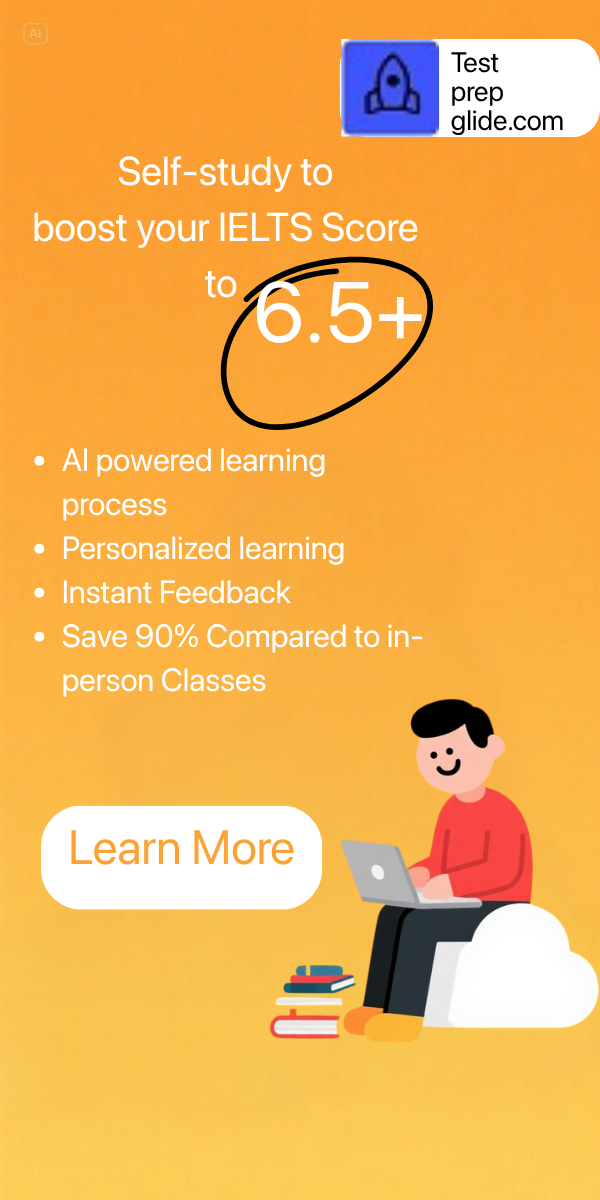IELTS Speaking Part 2 Guidance on Work and Study
In Part 2 of the IELTS Speaking test, candidates receive a prompt card outlining a topic and have one minute to prepare a two-minute response. Common variations of the Work and Study theme include:
– Describe a period when you balanced employment and education.
– Discuss a job or academic program that shaped your career path.
– Explain how you managed professional and educational responsibilities concurrently.
To structure a thorough answer, follow these steps:
Introduction
Briefly outline the scenario. State when it occurred and the context of balancing work and study.
Description of Work and Study Situation
Clarify the nature of your job (role, internship, project). Detail the academic program or course you pursued.
Challenges and Balance
Highlight difficulties in managing both commitments. Share strategies for organizing time effectively.
Impact on Life and Development
Discuss personal or professional growth from this experience. Mention skills or insights gained.
Conclusion
Summarize the significance of this balancing act. Share lasting effects or future goals linked to this phase.
Key Points to Elaborate On
– Work-Study Balance Importance: Stress how balancing these areas enhanced well-being and productivity.
– Alignment with Goals: Explain how professional tasks complemented academic pursuits and vice versa.
– Support Systems: Acknowledge encouragement from mentors, peers, or family during challenging periods.
– Accomplishments: Highlight achievements (e.g., awards, milestones) and their impact on your journey.
– Future Plans: Link this experience to career or educational ambitions moving forward.
– Skill Comparison: Contrast competencies gained through work (e.g., practicality) versus study (e.g., theory).
– Key Lessons: Reflect on critical takeaways (e.g., resilience, adaptability) and their ongoing relevance.
Example 1 (Revised)
“During my final university year, I undertook a part-time marketing internship while completing a business administration degree. This was a highly demanding phase, requiring me to balance lectures, exam preparation, and workplace tasks. The primary challenge was allocating time strategically to perform well in both areas.
To address this, I implemented a structured timetable designating fixed hours for studies, work, and leisure. I maximized downtime, such as reviewing notes during commutes or breaks. Though demanding, this phase strengthened my multitasking and organizational abilities, which later proved invaluable in my career.
Ultimately, merging work and studies offered practical industry insights while refining my academic knowledge. It cultivated discipline and planning skills that continue to drive my professional development. This experience profoundly shaped my career trajectory and reinforced my determination to succeed.”
Example 2 (Revised)
“Looking back, managing work and studies was a rigorous yet transformative chapter. Beyond gaining practical expertise, it underscored the necessity of efficient time allocation. I observed direct connections between classroom theories and real-world applications at my job, enriching both experiences.
Throughout this journey, encouragement from loved ones kept me motivated during stressful moments. Their support enabled me to excel academically and earn commendations professionally.
This period significantly influences my future plans. I aim to pursue roles synergizing my education and work background, alongside advanced certifications for skill enhancement.
Balancing these responsibilities not only expanded my capabilities but also built resilience and clarity in my career vision. It deepened my passion for the field and charted a purposeful path for lifelong growth.” Note
For Part 2, focus on delivering coherent, detailed responses with vivid examples and precise vocabulary. Practice diverse Work and Study subtopics to build fluency and confidence. Best wishes for your IELTS preparation!






